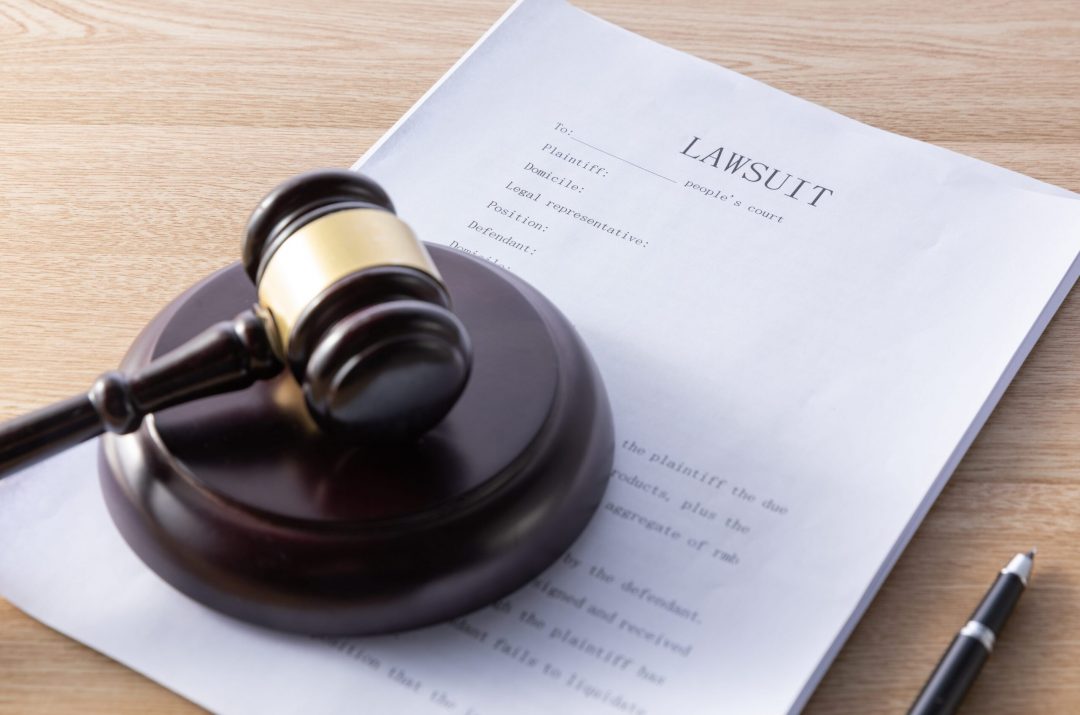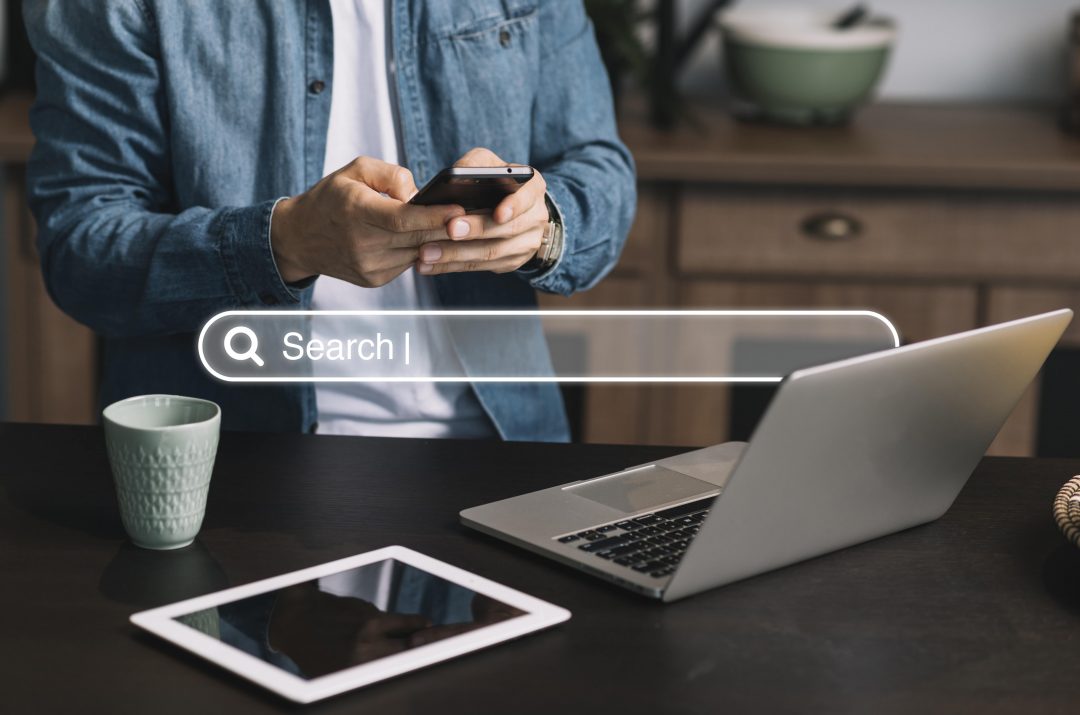About Our WCAG Audit Services
Types of Services:
- Automated Testing: Utilize advanced tools to quickly scan your website for accessibility compliance issues.
- Manual Testing: Conduct thorough assessments using assistive technologies to ensure all accessibility standards are met.
- Accessibility Audits: Detailed audits that identify and document compliance issues with the latest WCAG standards.
- Remediation Services: Provide solutions and recommendations to fix identified accessibility issues and meet WCAG guidelines.
- Mobile Application Audits: Ensure your mobile applications are accessible and compliant with WCAG standards.
- ADA and Section 508 Compliance: Verify your digital assets meet legal requirements for accessibility.
We Are Here To Assist You
By submitting this form, you consent to TestPros, Inc. storing and processing your information to provide the requested services and communications. Privacy Policy
Certified &
Independent
Our Process
1
Initial Consultation
We’ll listen to your needs and take time to understand the scope of your website or mobile application. We ensure that we understand your objectives and the users you serve, so our approach is customized.
2
Preliminary Analysis
Conduct an automated scan that finds obvious accessibility issues with your digital assets. It helps us to focus directly on the major concern areas that need acute critical care without losing too much time.
3
Detailed Manual Testing
Manual testing of web pages and applications for WCAG compliance using assistive technologies, for screen readers, keyboard navigations, and assistive tools in totality.
4
Detailed Findings Report
Get a complete report of the identified issues, the relevant WCAG success criteria, and steps recommended for remediation. The report includes screenshots, code snippets, and clear descriptions, which will enable your team to easily understand and fix the issues.
5
Remediation Support
You will be working closely with our development team on fixing these issues identified through the audit. We guide and support you throughout the remediation process to ensure your digital properties achieve conformance with the prescribed accessibility standards.
6
Post-Remediation Verification
A final review will be conducted to ensure that all issues regarding accessibility are fixed, and conformance is achieved through both automated and manual testing, which will affirm the fixes are effective and sustainable.
Trusted Clients






Key Benefits of Our Services

Legal Compliance
Adhering to WCAG 2.1 standards helps you avoid potential legal challenges under the Americans with Disabilities Act (ADA) and Section 508 of the Rehabilitation Act, which mandate digital accessibility.

Enhanced User Experience
By addressing accessibility issues, your website becomes more navigable and user-friendly for people with disabilities. Ensuring proper labeling for screen readers can significantly improve the browsing experience for visually impaired users.

Broader Audience Reach
Making your digital assets accessible means reaching a wider audience, including individuals who rely on assistive technologies like screen readers and voice recognition software. For instance, a university that ensures its online courses are accessible can attract and accommodate more students.

Improved SEO Performance
Accessibility and SEO often go hand in hand. Providing alternative text for images not only helps screen readers but also improves search engine indexing, leading to better visibility and higher rankings.

Positive Brand Image
Demonstrating a commitment to accessibility not only enhances your brand’s reputation but also builds trust with customers. An e-commerce website that invests in accessibility improvements shows its dedication to inclusivity, potentially increasing customer loyalty and satisfaction.

Future-Proofing
Regular WCAG audits help you stay ahead of evolving accessibility standards and technological advancements. For example, as new WCAG guidelines are introduced, a proactive approach ensures your website remains compliant and user-friendly. Stay updated with WCAG 2.1 Quick Reference.
Frequently Asked Questions
What is a WCAG audit?
A WCAG audit assesses your digital assets for compliance with the Web Content Accessibility Guidelines.
Why is WCAG 2.1 compliance important?
WCAG 2.1 compliance ensures your website, mobile apps, artifacts, and other products are accessible to people with disabilities, improving usability and legal compliance.
How long does an accessibility audit take?
The duration of an accessibility audit varies based on the complexity and size of the digital assets being reviewed. A simple website with a few pages may take a few days, while a large e-commerce site with hundreds of pages could take several weeks.
What are the costs associated with an accessibility audit?
What tools are used for automated testing?
Other tools like Wave, Lighthouse, and Axe can also help efficiently scan and report on common accessibility problems. We also use assistive technologies such as JAWS and NVDA.
Another suite of assessment tools you can use for automation and manual testing is Accessibility Insights.
How often should accessibility audits be conducted?
Is WCAG a legal requirement in the US?
The Web Content Accessibility Guidelines (WCAG) are not, by themselves, a law in the United States. Normally, compliance with WCAG is required to meet legal requirements for digital accessibility under various laws and regulations. Key factors include:
- Americans with Disabilities Act (ADA): This requires that places of public accommodation—such as websites—be accessible to individuals with disabilities. Although the ADA does not make a specific reference to WCAG, the courts and Department of Justice (DOJ) have often mentioned WCAG in their references to a standard for gauging compliance.
- Section 508 of the Rehabilitation Act requires that electronic and information technology used by the federal government, and the same by federal contractors or subcontractors, should be made accessible to individuals with disabilities. The Section 508 standards have been harmonized to WCAG 2.0 and agencies are required to comply with these standards.
- State Laws: Some states have their own accessibility laws and regulations that may require compliance with WCAG or similar standards. For example, California’s Unruh Civil Rights Act has been used to enforce digital accessibility requirements.
- Legal Precedents: Multiple lawsuits have been filed in the past against companies whose websites were not accessible, with most cases citing the non-compliance of these websites with WCAG standards. Such cases have often led to monetary settlements and court rulings that underline the significance of WCAG adherence.
What Challenges
Are You Facing?





